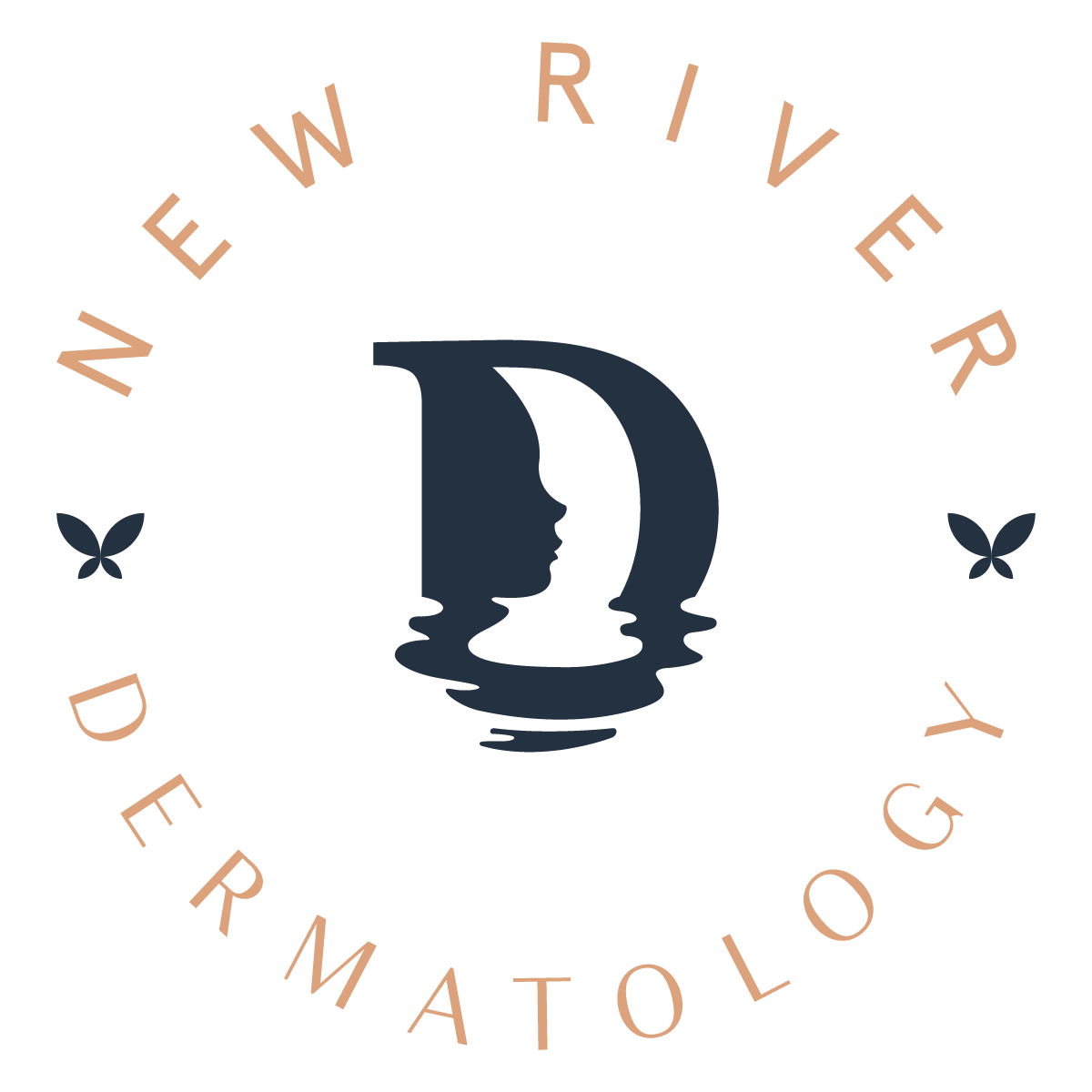Eczema: What is it?
You wake up one day and notice that a spot on the back of your leg is particularly itchy. As the day wears on, it starts turning red, and these odd little bubbles start to cluster around the area. The next day, you wake up, and whoa! There’s a whole colony of bubbles, and your skin is all red and inflamed and boy, does it itch like crazy! What is going on?!
Don’t worry: you just have eczema!
Eczema is actually a category of various skin ailments that exhibit similar symptoms but are attributed to different causes. Things like contact dermatitis (such as the rash caused by poison ivy) and other dermatoses that cause the skin to become red, itchy, and inflamed are grouped under this umbrella. Eczema is an incredibly common skin condition; while the exact cause is still a mystery, doctors believe a mix of genetics and environmental irritants - such as allergens - are the root.
While most eczema cases are temporary, atopic dermatitis is chronic and usually severe. This is a common ailment in children. While it may last throughout their younger years - going through phases of healing and relapsing all the while - many grow out of it. For some, this condition will continue throughout their lifetime. Atopic dermatitis is not the same as psoriasis. Psoriasis is in its own classification category.
Anyone who’s experienced an eczema episode can tell you it’s uncomfortable and incredibly annoying. It’s noticeably red, it’s itchy, it weeps, it crusts over, and it looks unpleasant. Is there a cure? Unfortunately, no. But there are ways to prevent an outbreak.
The best way to prevent an eczema outbreak is to avoid those things that cause them: your triggers. For example, if you know that you’re more prone to outbreaks when your skin is sweaty and unable to breathe, avoid wearing thick fabrics during the warmer months, try to exercise only in rooms with air conditioning, and shower right after any sweaty outdoor activities. If poison ivy is a trigger, always garden with gloves on, wear protective clothing while on hikes, and be careful when touching any plants or trees.
Unfortunately, you can’t hide away in a bubble; those prone to eczema will, inevitably, be exposed to a trigger and face a few days of red, itchy patches. While there is no cure for eczema, there are medicines that can shorten episodes and provide relief from the discomfort. OTC medicines, prescription topical creams, and even natural remedies can be used successfully, depending on the person, the frequency of outbreaks, and the specific triggers.
One more thing: eczema isn’t contagious. If you see a baby with those tell-tale red patches on their cheeks, or a friend nursing a particularly oozy cluster on their leg, don’t worry: you can’t catch it. We still don’t advise touching it simply for hygiene reasons for the afflicted; if their skin has been broken open by itching or by the skin stretching, your germs could cause an infection. Like with any wound, you’ll want to make sure you wash your hands before applying any topical care. And if you accidentally bump an arm with eczema, stay calm. The afflicted is more at risk for complications than you are.
Most eczema cases won’t require a doctor’s visit. If the case covers more than 1/4th of your body; is making it difficult for you to perform daily tasks like working, sleeping, or showering; or appears to be chronic: make an appointment with us. We can diagnose your condition, and are able to prescribe medicine to help alleviate your discomfort.
